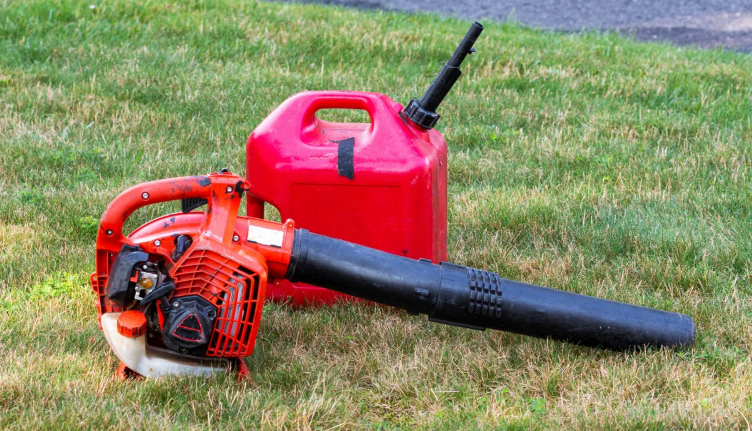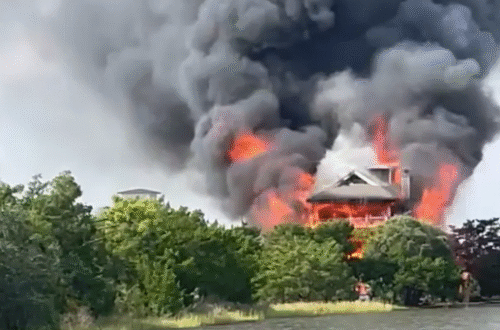As fall arrives, with its falling leaves, many cities and states are cracking down on gas-powered leaf blowers. Over 200 local jurisdictions and several states have already banned or restricted their use, encouraging people to switch to electric alternatives. This shift is driven by environmental concerns, as gas-powered blowers contribute to noise pollution and air quality issues.
The movement is gaining traction. Arlington County, Virginia, just outside Washington, D.C., is considering a year-round ban on these machines. Meanwhile, in New York, a bipartisan bill that would offer rebates for electric lawn equipment passed the state Senate. Although it didn’t make it through the Assembly before the legislative session ended, supporters are hopeful that Governor Kathy Hochul will include the initiative in her 2026 budget proposal.
Proponents of electric lawn equipment argue that gas-powered leaf blowers contribute significantly to health and environmental problems. A letter sent to Governor Kathy Hochul on September 10th highlighted the alarming pollution levels caused by gas-powered lawn tools, which are estimated to have released nearly 1.4 million tons of climate pollution in 2020 alone—equivalent to emissions from over 300,000 cars. This pollution can worsen air quality and lead to serious health issues, such as asthma and heart problems.
In addition to pollution, noise is another major concern. David Masur, executive director of PennEnvironment, shared the frustration of residents who, during fall, deal with the constant noise of gas-powered blowers while trying to enjoy open windows. The loud, persistent whirring, combined with the smell of gas and smoke, has made many people reconsider these tools once they become aware of their environmental and health impacts.
This issue has been around for some time. Washington, D.C., passed the Leaf Blower Regulation Amendment Act in 2018, which imposes fines on businesses or individuals using gas-powered blowers. California is set to ban the sale of new gas-powered leaf blowers and weed whackers starting in January 2024. While many cities and states are moving forward with similar bans or restrictions, the pushback has been strong, especially in states like Texas and Florida, where lawmakers have introduced measures to protect the oil and gas industries by prohibiting outright bans on these devices.
However, the trend toward electric equipment is growing. Cities such as Dallas, Austin, and Louisville, Kentucky, now offer rebates to help residents and businesses make the switch to electric lawn tools. States like Colorado, Indiana, Massachusetts, Nebraska, and Wyoming are also offering similar incentives. These programs not only reduce pollution but also support local businesses, particularly those in the lawn care and landscaping industries, helping them transition to more sustainable practices.
Major companies like Ace Hardware and power tool manufacturers Milwaukee Tool and STIHL have thrown their support behind these initiatives, seeing them as a way to help offset the costs for lawn care companies replacing outdated equipment. As the movement gains traction, both for environmental and economic reasons, it’s clear that the shift toward electric alternatives is gathering momentum.



